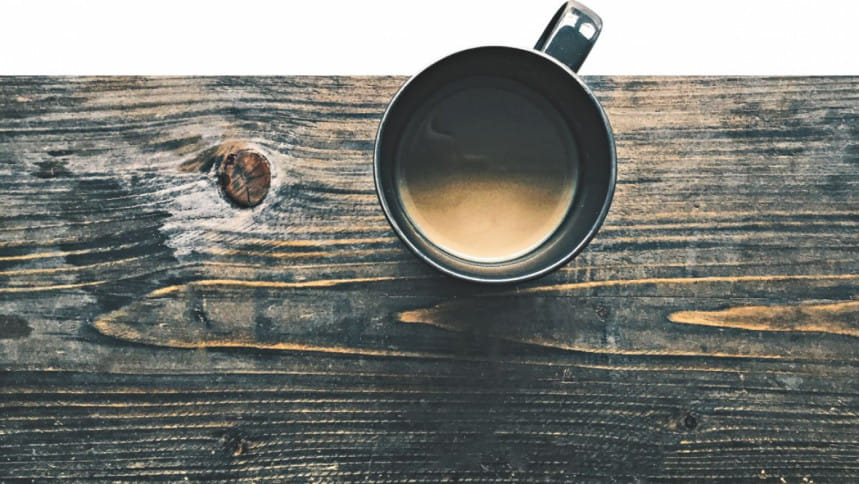Coffee: a lifestyle or just another alternative to tea?

The millennials have the credit for truly bringing the coffee culture to Bangladesh, more specifically to Dhaka. Coffe culture, the idea of coffee as a social stimulant, means that going out for a coffee has more social implications than the physical need of caffeine.
A remnant of the years of colonization left the nation addicted to tea, diffused into the everyday food habits. A Bengali, rich or poor, started his day with a cup of tea. The variety ranged from the divine Darjeeling tea to the "Rastar Cha" found at your corner stall, specifically set up for catering tea.
But with globalisation, the youth is acquiring consistently more global tastes, and coffee is just one of those elements adopted with fervour. The globetrotting Bangladeshis quickly introduced their not so well travelled friends to the cappuccinos, macchiatos and lattes of the world, and then the piping hot drinks were followed by their chilled counterparts who quickly became cult favourites—not surprising given the Tropic of Cancer influenced summers. Double shot espressos are now a common phenomenon amongst the morning coffee addicts, closely followed by cold coffees in various flavours, changing with seasons and the midnight hangoutsvary between cappuccinos and mochas, or chillers, depending of the temperatures outside.
A development of taste aside, there seems to be another element at play towards making coffee as popular as it is in the capital. We as a society are slowly losing all our sources of entertainment, and the pervasive coffee shops with their easy access seems to boost the drink's inclusion into the cultural fabric. It is part of the phenomenon of food being the binding agent for most celebration and festivities in the Bangladeshi culture, and hence the scene is starkly different from the west.
Coffee is majorly made up of caffeine, a pharmacologically active compound that is a mild stimulant. Caffeine also increases the release of catecholamines like adrenaline, which among other things can make the heart beat faster, increase blood flow to the muscles, and help release sugar into the bloodstream for energy. For these, it is widely consumed during the earlier hours of the day to get an energy boost, particularly in the western world, where it also has a last call. Popular coffee giants like Starbucks would close shop after 5pm. However, in Bangladesh, people go to coffee shops not only to drink coffee but as a source of entertainment. There are only few coffee patrons who focus on the consumption of coffee as it was meant to be, as a boost to dull mornings. The regulars at Dhaka's coffee shops go there to spend some good time. Coffee shops are chameleons-- a place to go and study, a place to celebrate a friend's new job, a place for a first date, and more often the perfect place to just relax with friends. The coffee addicts of the city appreciate the coffee houses.
The new coffee culture is not restricted to the coffee shops either, having made its way into the homes of the upper middleclass Bangladeshis. Young Bangladesh, with increased disposable incomes and a penchant for coffee, feel the need to be able to access coffee at the most convenient of places— their homes, evidenced by the increasing availability of types of coffee machines. Coffee lovers are educating themselves and demanding newer blends of coffee, and the previously dominant Robusta blend is competing for attention with the Arabica in Dhaka.
With tea being a major livelihood source for the Bangladeshi people, this new coffee culture may seem to be a threat. It does appear however, that as a nation Bangladesh will remain pre-tea for the near future, consuming and producing more tea than coffee. Though the coffee culture has seeped into the lives of the upper middleclass, the availability and acceptance of coffee is still low in the other strata of society. The coffee drinkers more often than not still begin their day with a cup of tea. One will still be offered tea when visiting someone's house, and tea will be the go to drink during office meetings. And tea will definitely find its way on the menu cards of coffee shops. For all the glamour that is coffee, tea is still the star beverage for an average Bangladeshi.
By Suki Amatya, Tamanna Mahin, Bushra Humaira Sadaaf and Supriti Sarkar

 For all latest news, follow The Daily Star's Google News channel.
For all latest news, follow The Daily Star's Google News channel. 



Comments